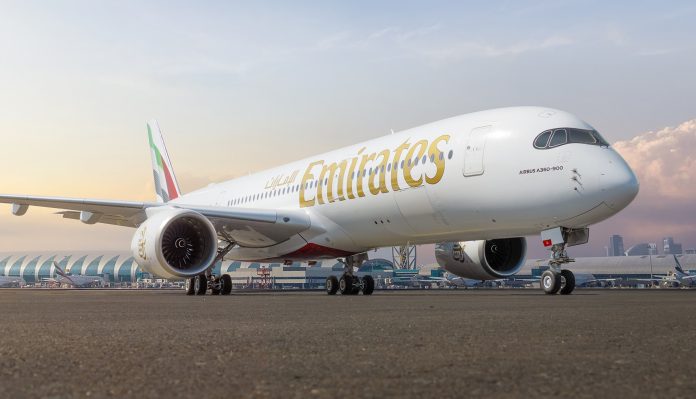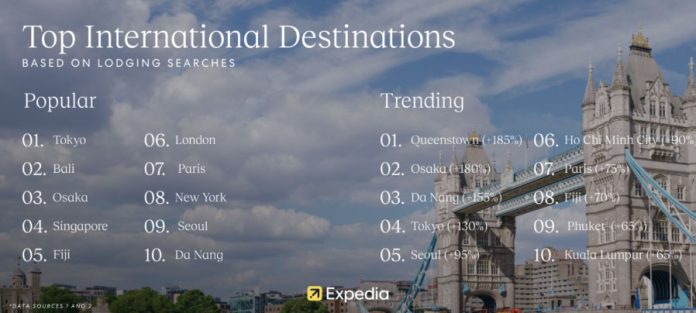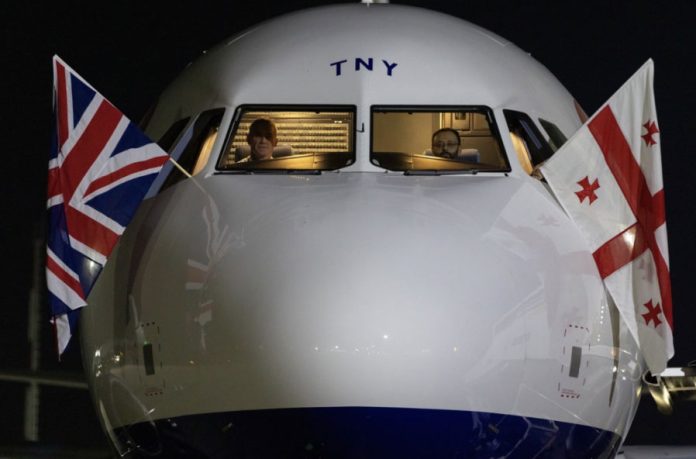NEW DELHI, 7 April 2025: Dusit International has announced plans to expand its presence in India by launching its luxury and upper midscale brands in key emerging markets.
Rising disposable incomes, increasing demand for premium stays, and enhanced connectivity are reshaping India’s hospitality landscape. Dusit is focused on underserved yet high-potential markets nationwide.

In addition to exploring opportunities in India’s Tier 1 cities, Dusit also aims to target Tier 2 and Tier 3 destinations where luxury and upscale hospitality options are currently limited – creating opportunities to deliver curated, high-end experiences tailored to local demand. This strategic expansion builds on the momentum of Dusit’s recent foray into the Indian market with the opening of the contemporary, upscale dusitD2 Fagu, Shimla in December 2024, and the signings of three key properties in Karnataka: the wellness-focused Devarana Sakleshpur, Karnataka – A Dusit Retreat (set to open in 2028), and two upcoming Dusit Princess Hotels & Resorts.
With a diverse brand portfolio spanning the ultra-luxury Devarana – Dusit Retreats to upper midscale and midscale brands such as Dusit Princess and ASAI Hotels, Dusit plans to tap underserved locations where it can leverage its expertise in delivering Thai-inspired gracious hospitality to meet the needs of today’s business and leisure travellers.
Prioritising quality over quantity, the company selects locations that align with its premium, experience-driven hospitality ethos – offering a distinctive blend of holistic wellness, contemporary design, and exceptional service.
As part of this vision, Dusit is preparing to launch six additional hotels nationwide. The upper-midscale Dusit Princess brand will debut in Raipur (200 keys), Bhiwadi (165 keys), Kolkata (220 keys), and Lonavala (120 keys). Meanwhile, two boutique luxury properties under the recently introduced Dusit Collection brand – in Kasol and Manali (each with 40 rooms) – will offer refined escapes in the Himalayan foothills.
“India represents an exceptional growth opportunity for Dusit – across major metros and particularly in Tier 2 and Tier 3 cities, where premium hospitality options remain limited despite strong demand,” said Dusit International Vice President – Development (Global) Siradej Donavanik.
“The country’s tourism industry is evolving rapidly, with increasing demand for high-quality, experience-driven stays. By blending our unique brand of Thai-inspired gracious hospitality with wellness-led experiences and destination-driven properties, we aim to create exceptional stays that resonate deeply with Indian travellers.
“Through strategic partnerships with visionary local developers, we are committed to shaping India’s premium hospitality landscape for the long term.”
Beyond immediate expansion, Dusit will focus on building an integrated hospitality ecosystem in India, where luxury stays, holistic wellness, refined gastronomy, and hospitality education converge to deliver lasting value. At the heart of this vision is a deep commitment to sustainability driven by Dusit’s group-wide Tree of Life programme. Aligned with selected United Nations Sustainable Development Goals, the programme features 31 measurable criteria designed to ensure a lasting and positive impact in every community Dusit serves.
Through Dusit Hospitality Education, the company will also focus on local talent development, ensuring that Indian hospitality professionals are trained to uphold world-class service standards. Together, these initiatives underscore Dusit’s commitment to responsible hospitality and its vision for sustainable growth in the global hospitality industry.
Dusit’s entry into the Indian market forms part of its broader expansion strategy, targeting vibrant, high-growth markets such as Vietnam, Indonesia, Japan, China, and India. With a bold plan to sign more than 100 hotels globally over the next five years, Dusit is poised to captivate travellers worldwide with its unique fusion of Thai-inspired gracious hospitality and thoughtfully integrated local traditions.
For more information, please visit dusit.com
About Dusit International
Established in 1948, Dusit International or Dusit Thani Public Company Limited (DUSIT) is a leading hospitality group listed on the Stock Exchange of Thailand. Its operations comprise five distinct yet complementary business units: Dusit Hotels and Resorts, Dusit Hospitality Education, Dusit Foods, Dusit Estate, and Hospitality-Related Services.






















